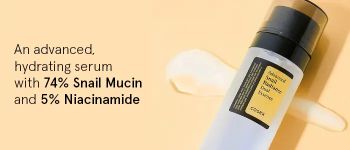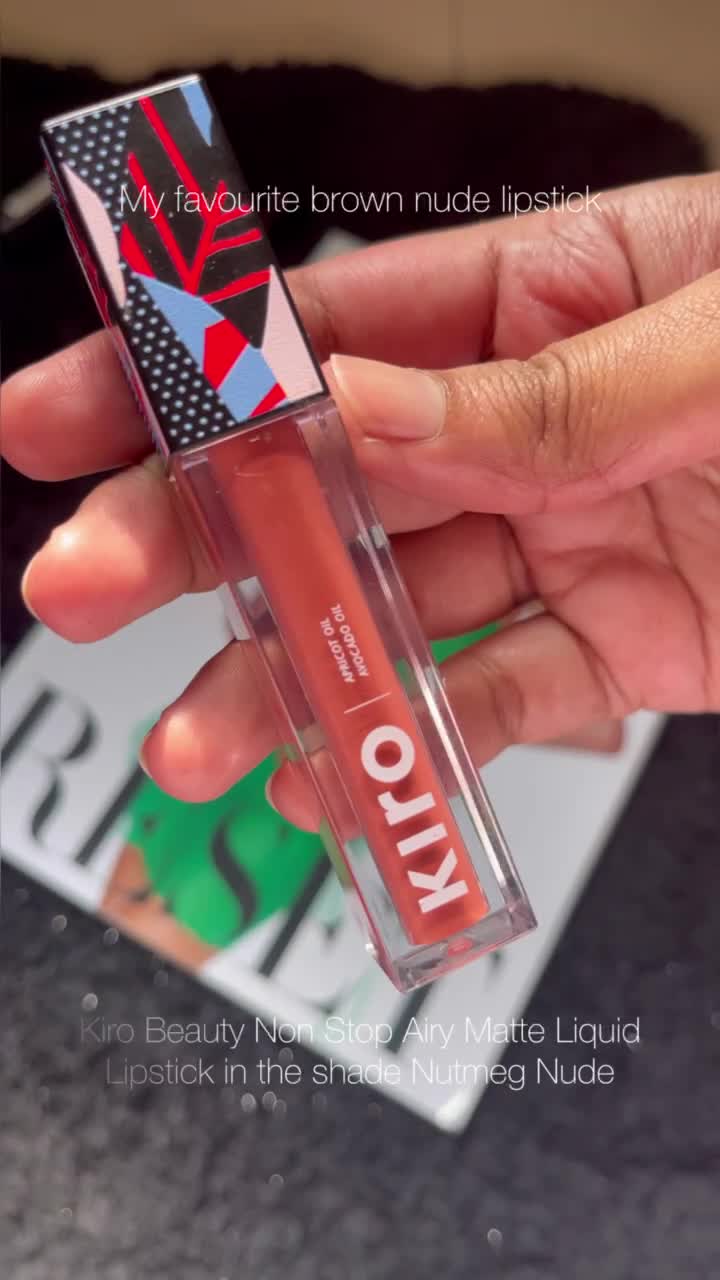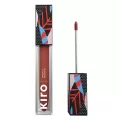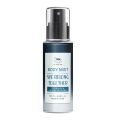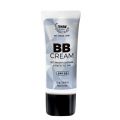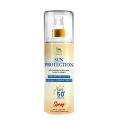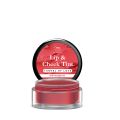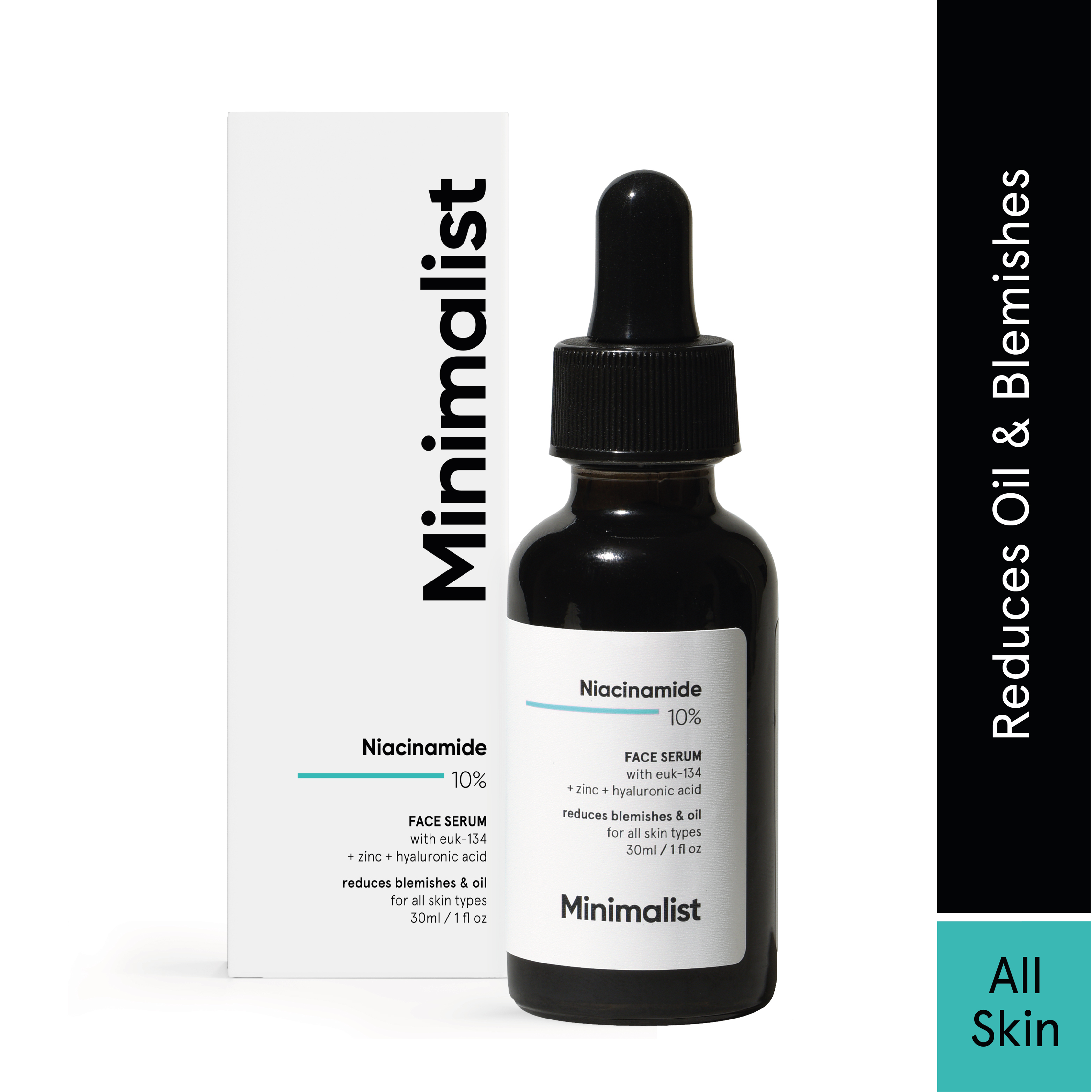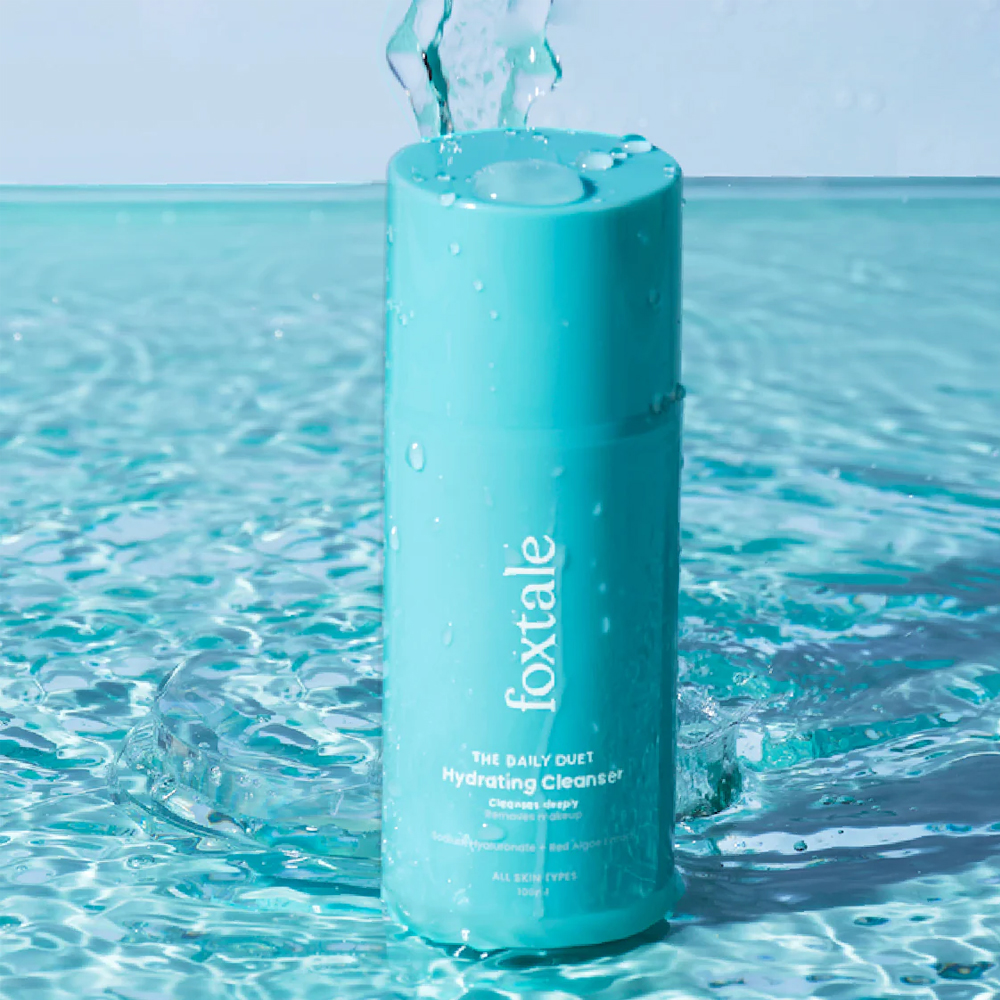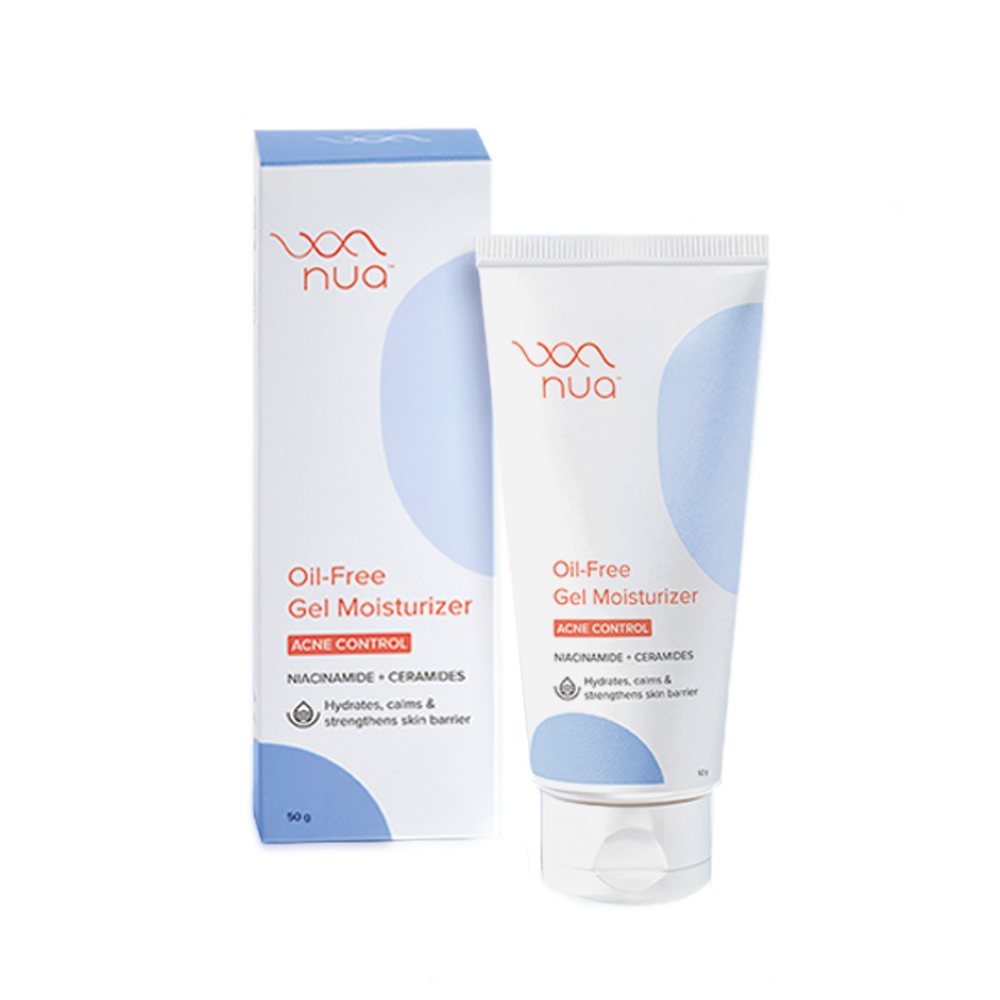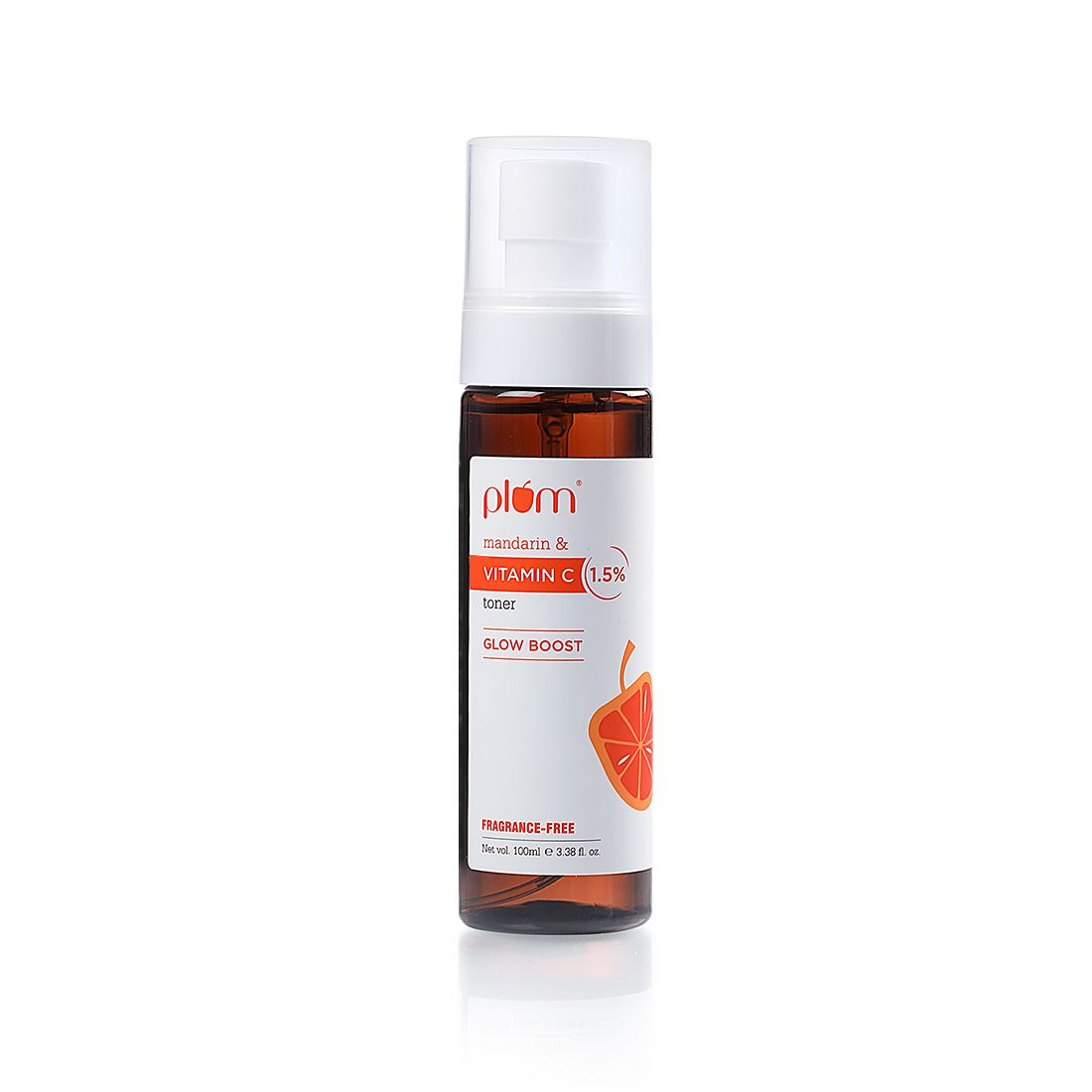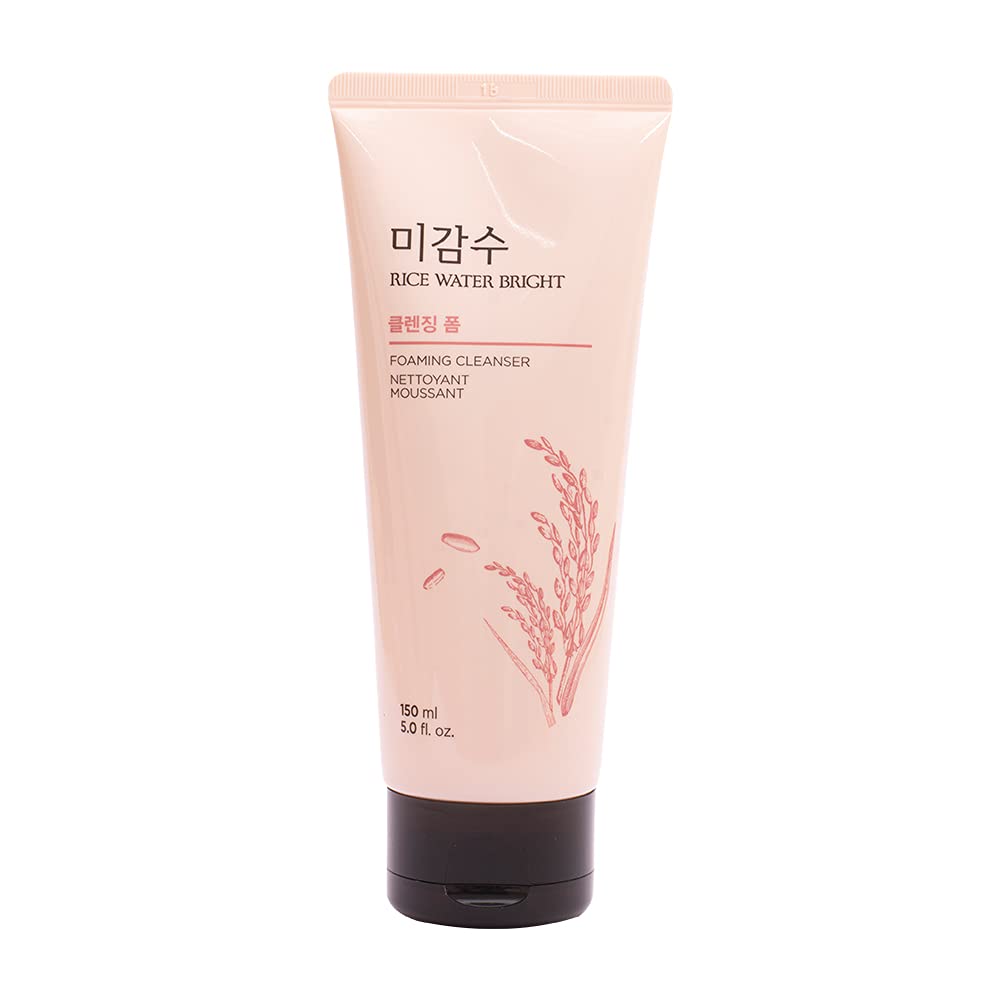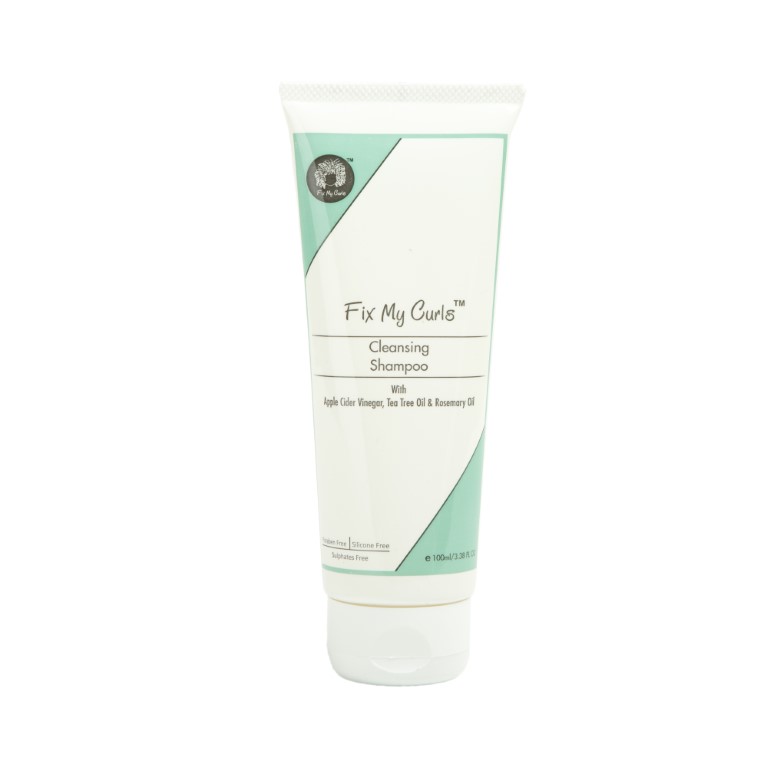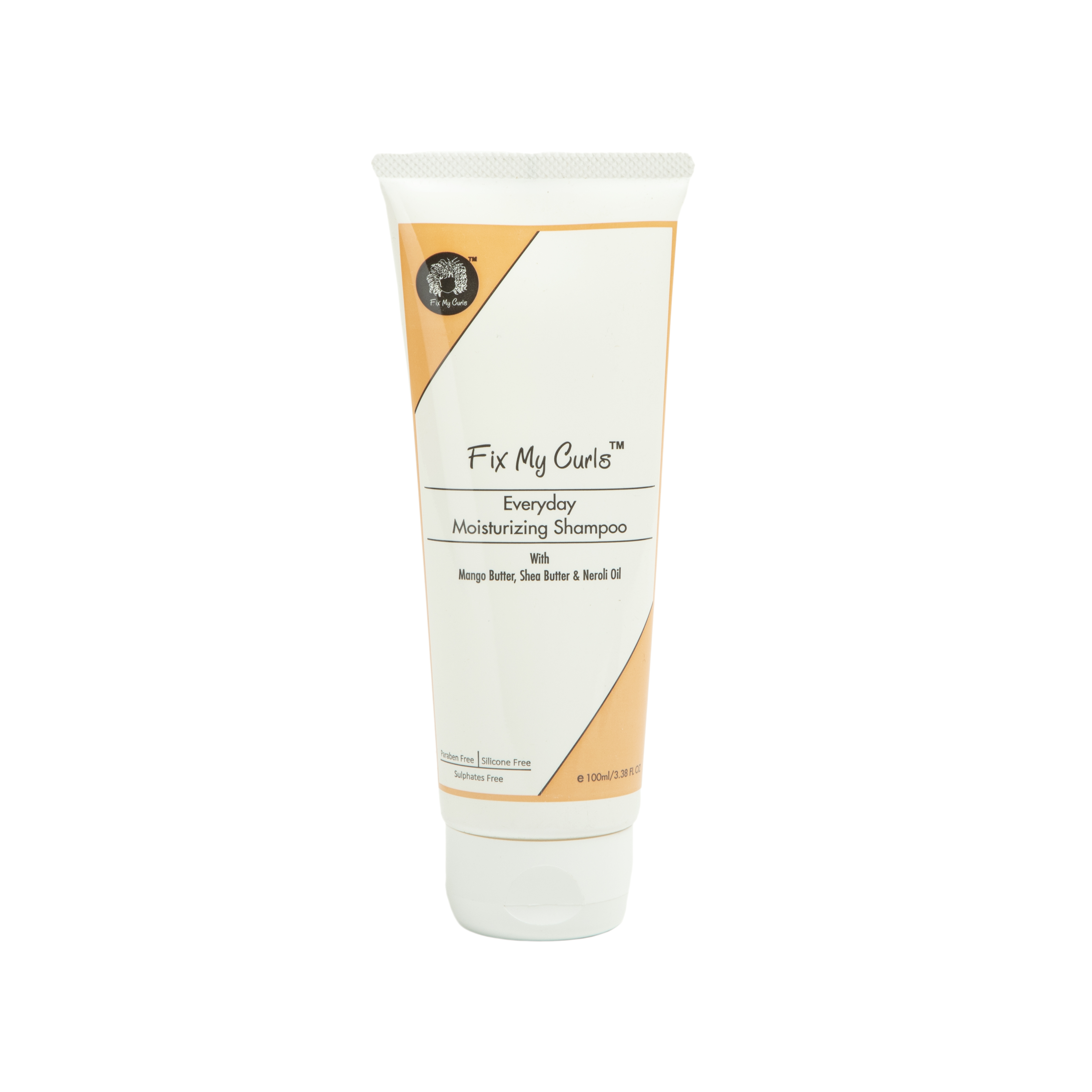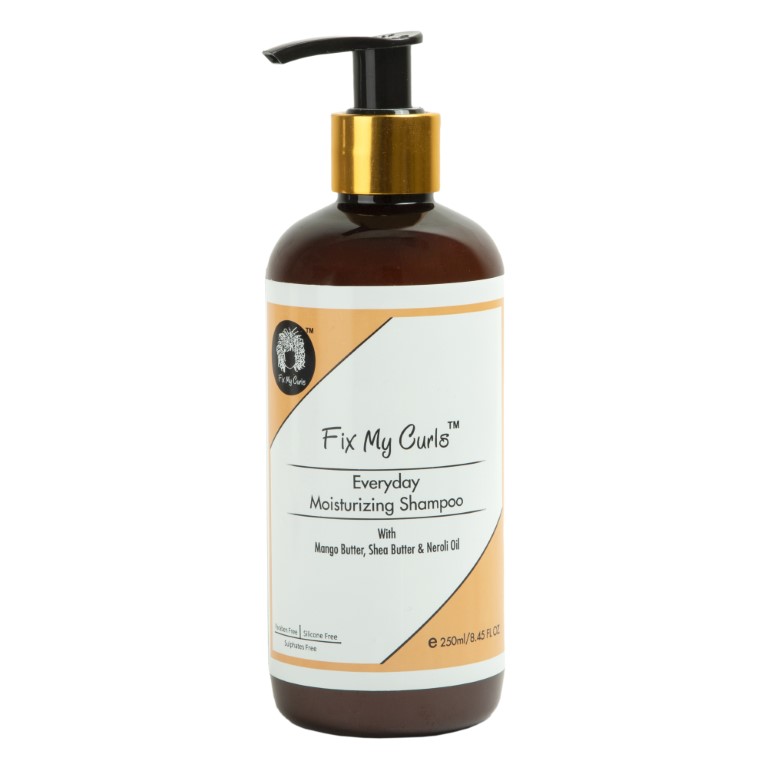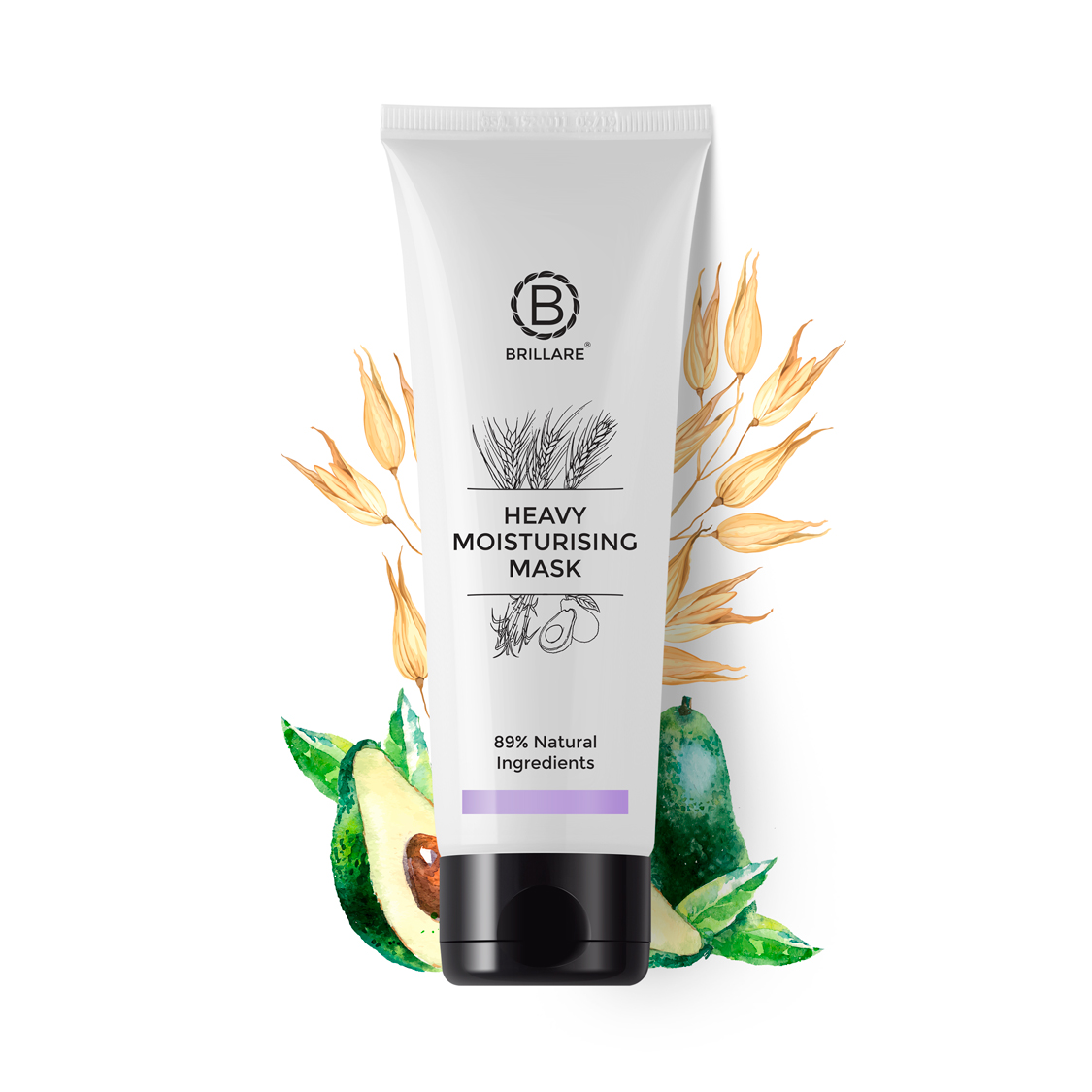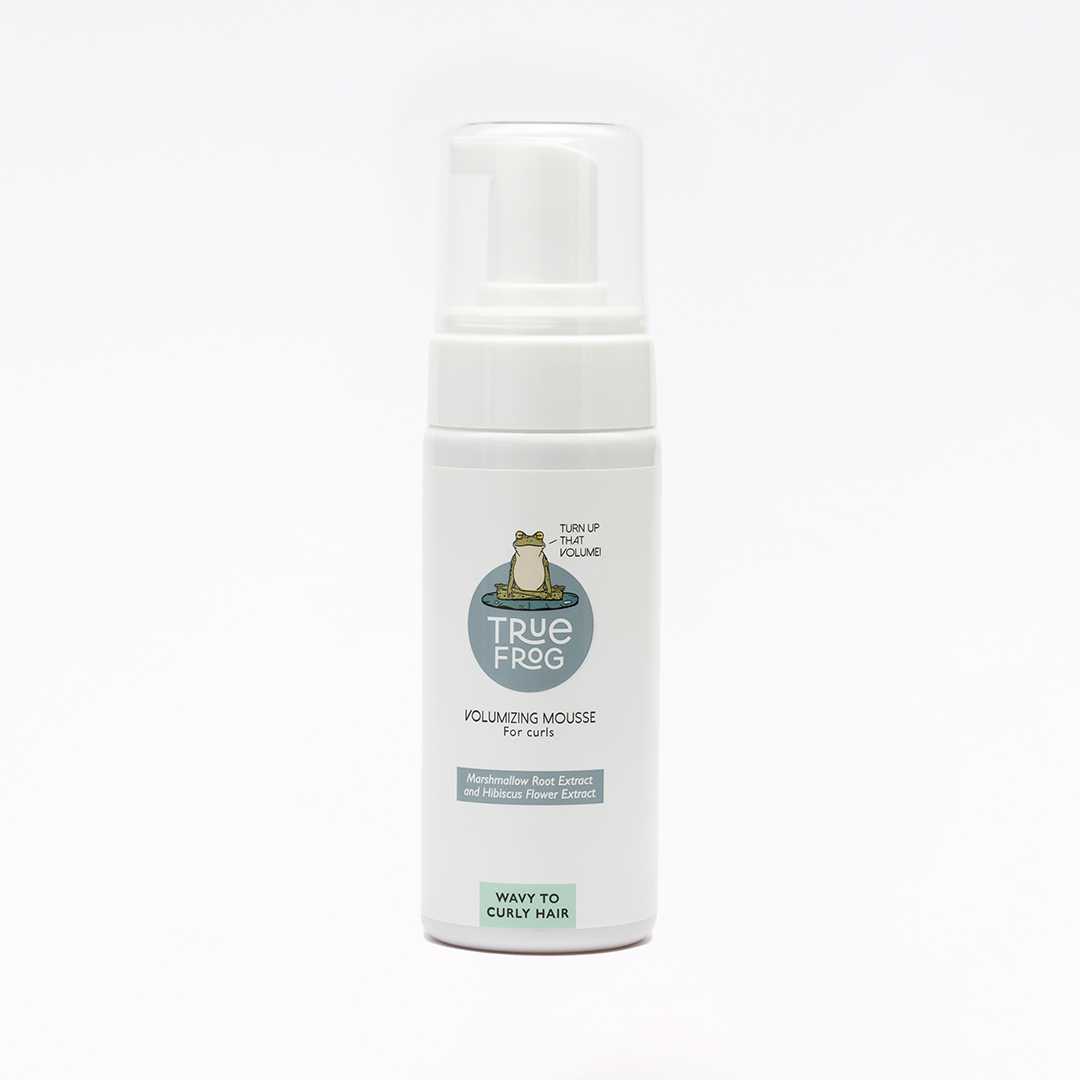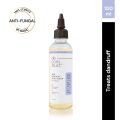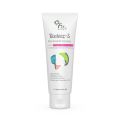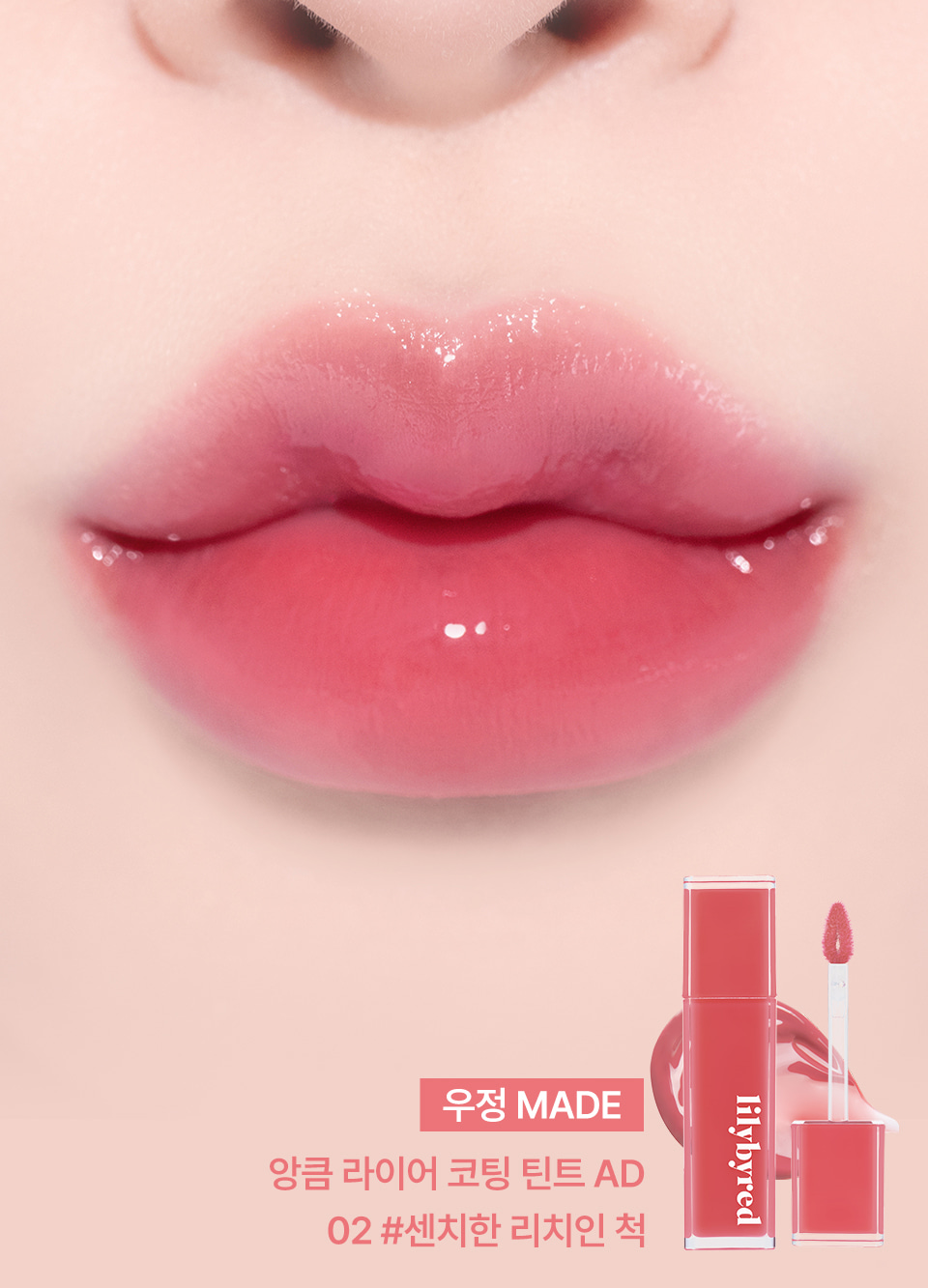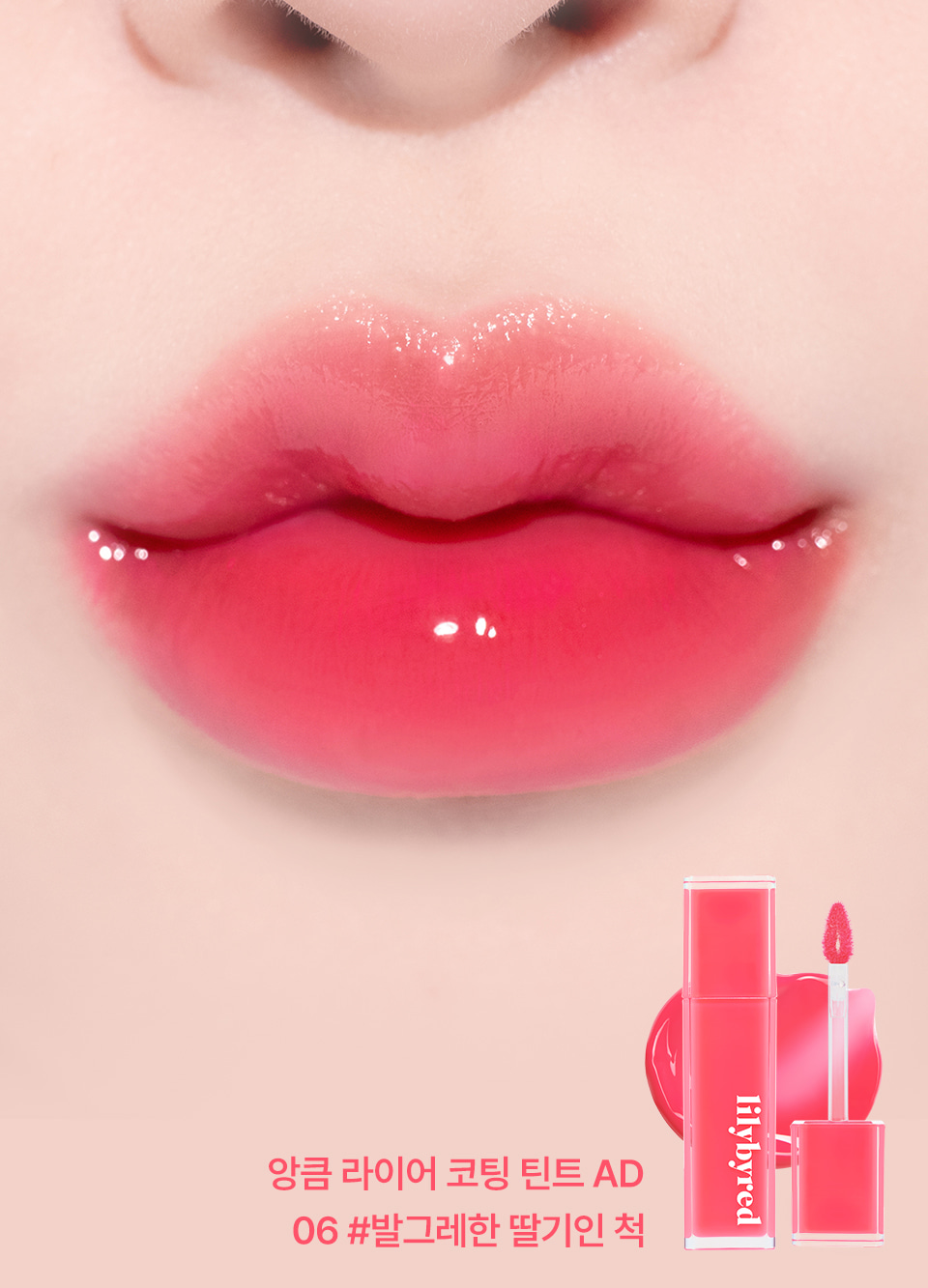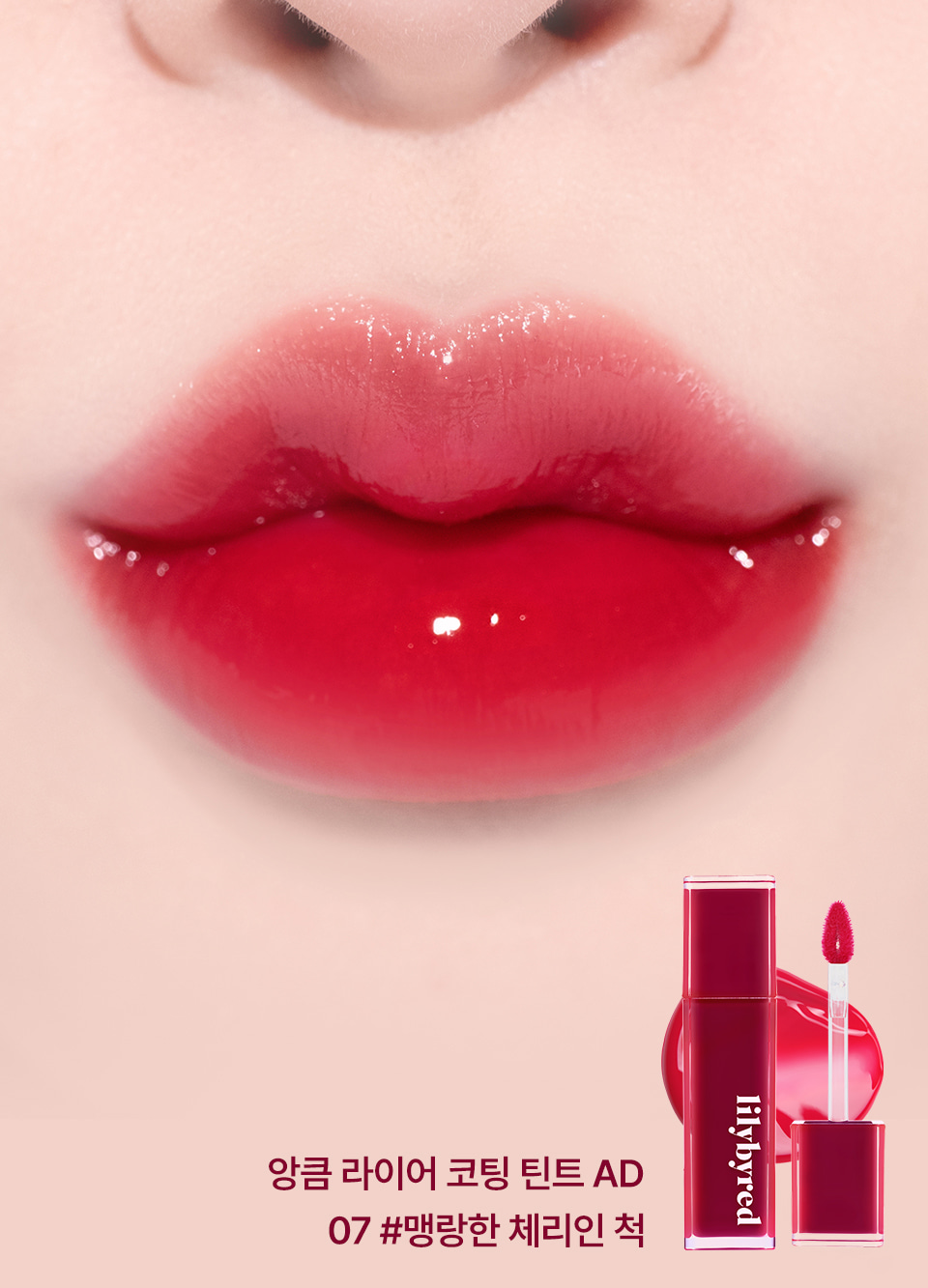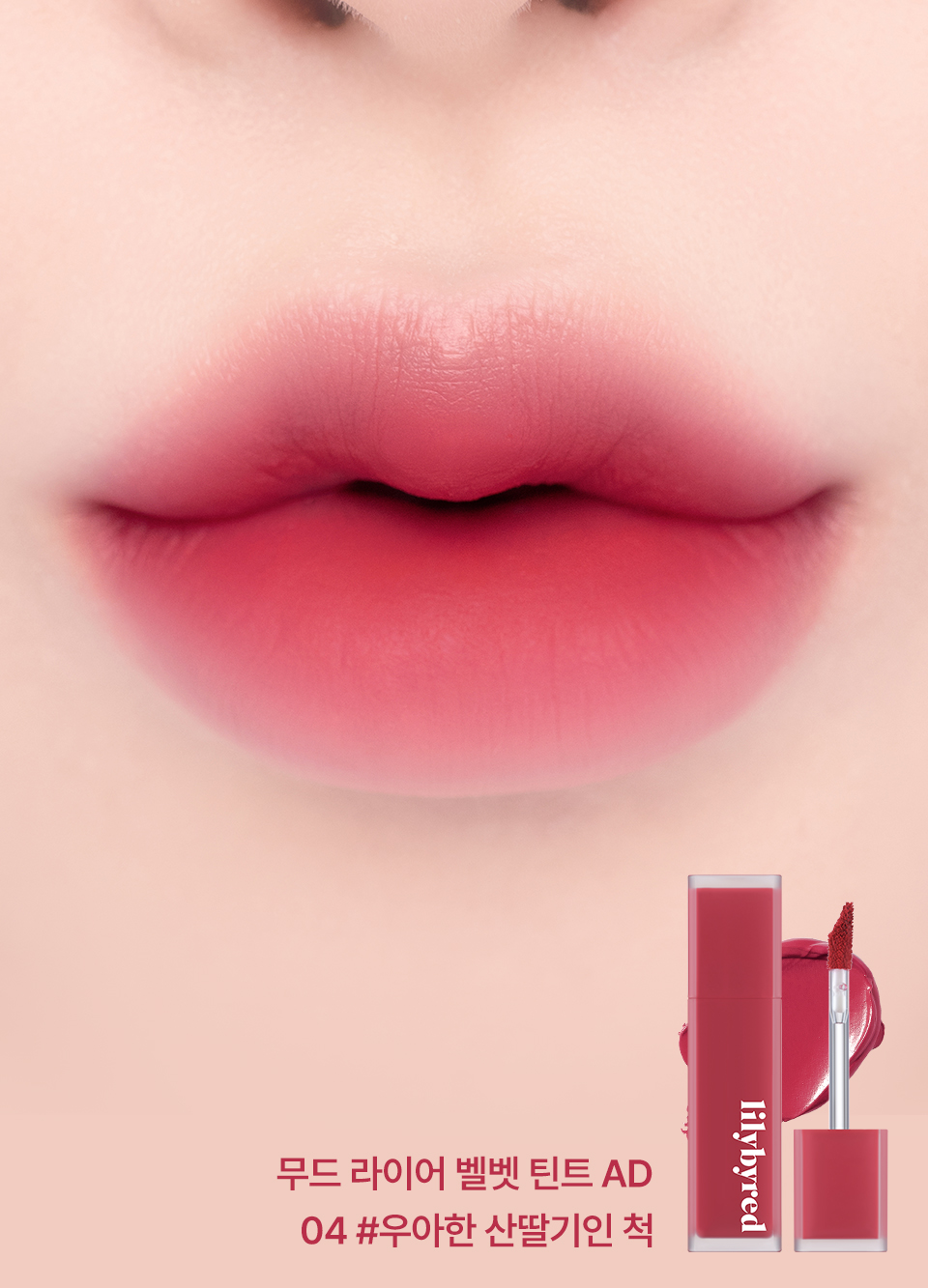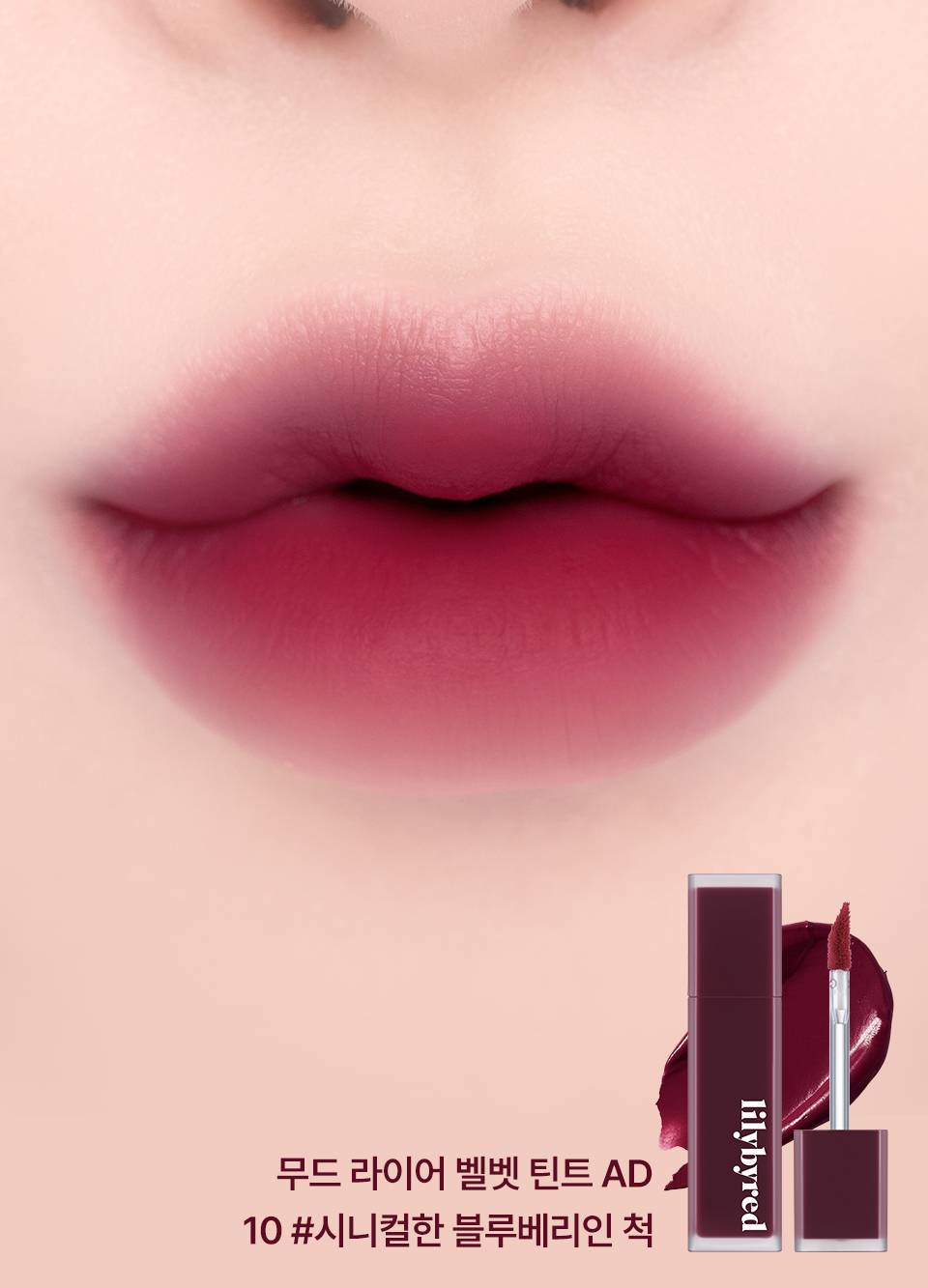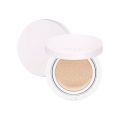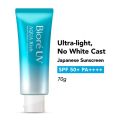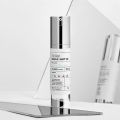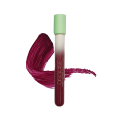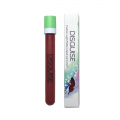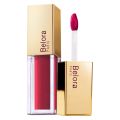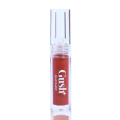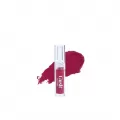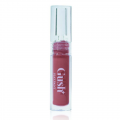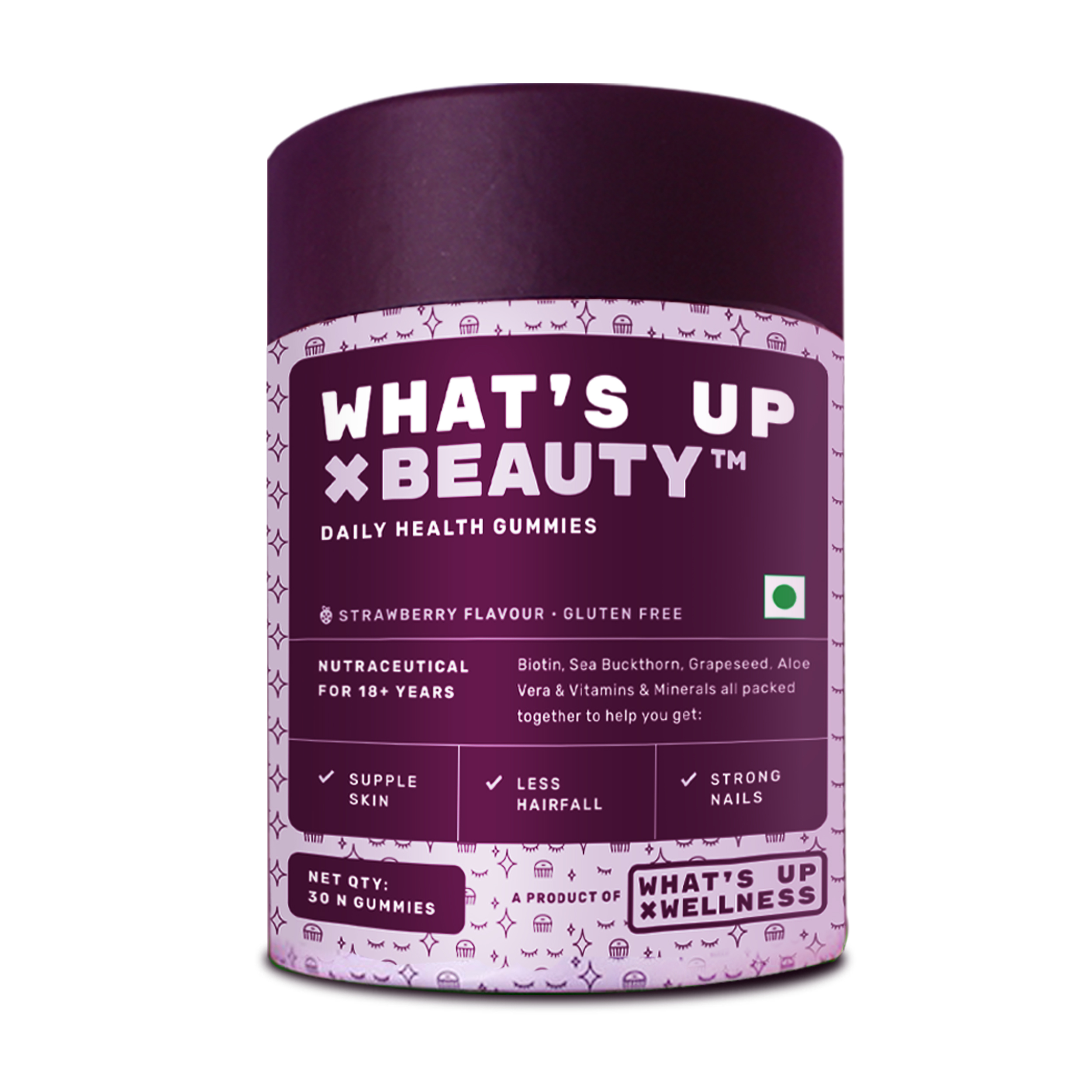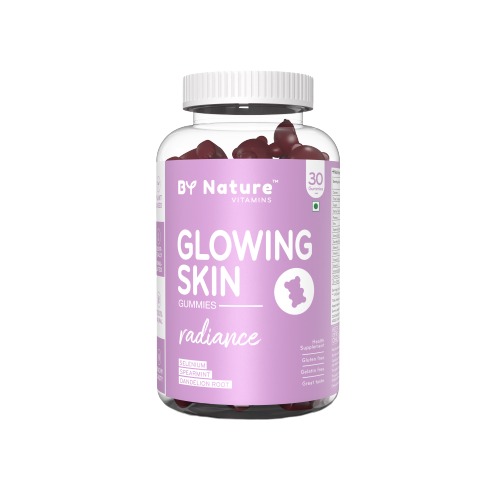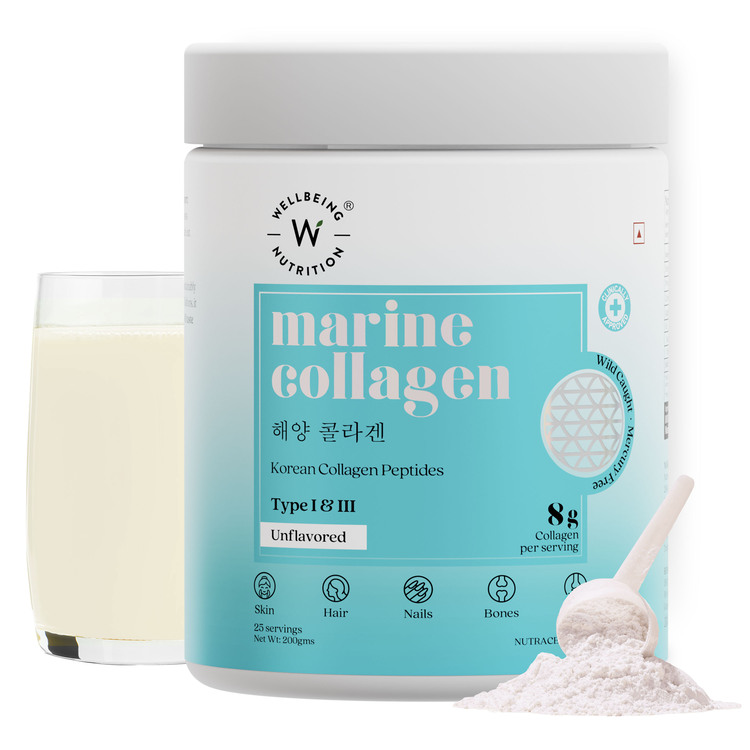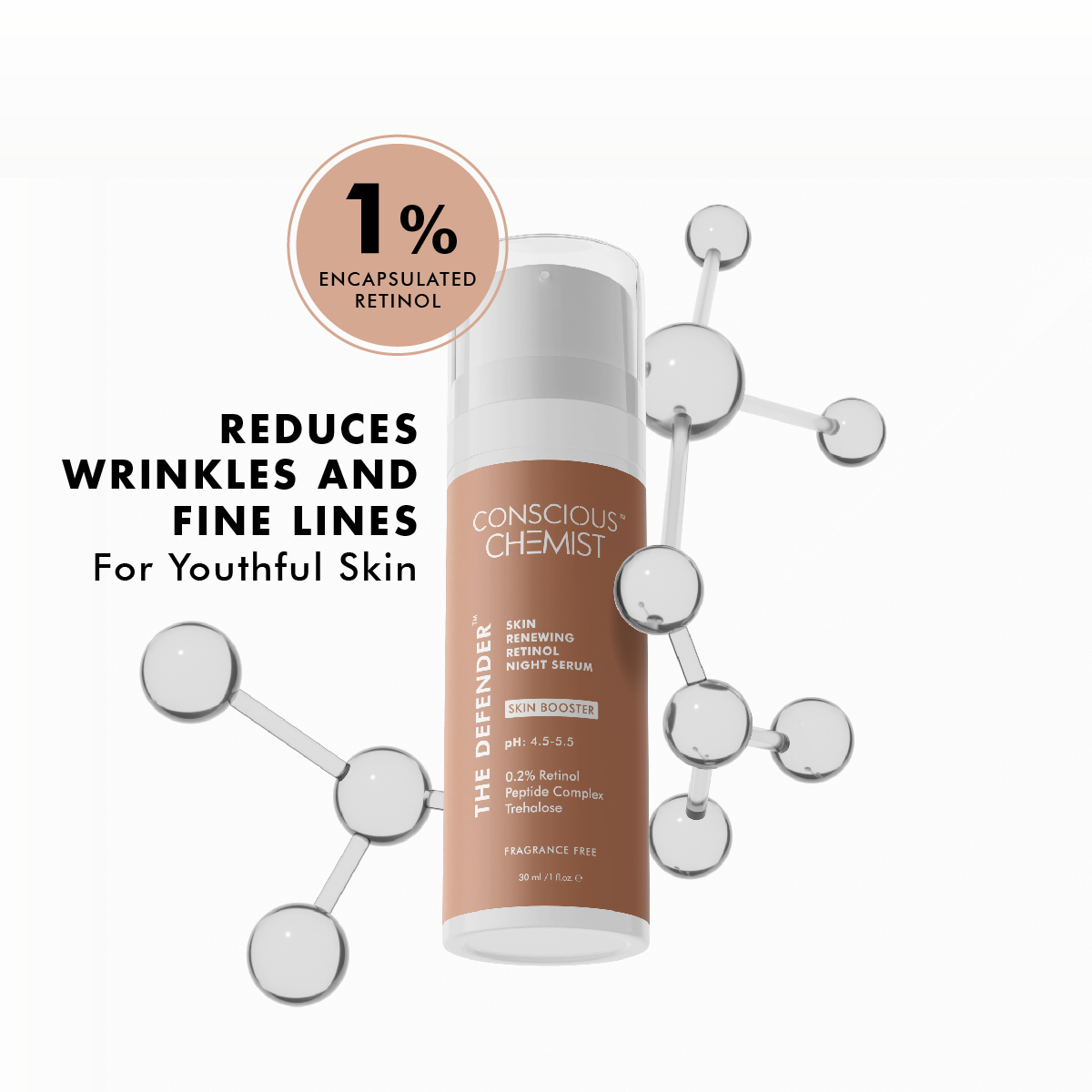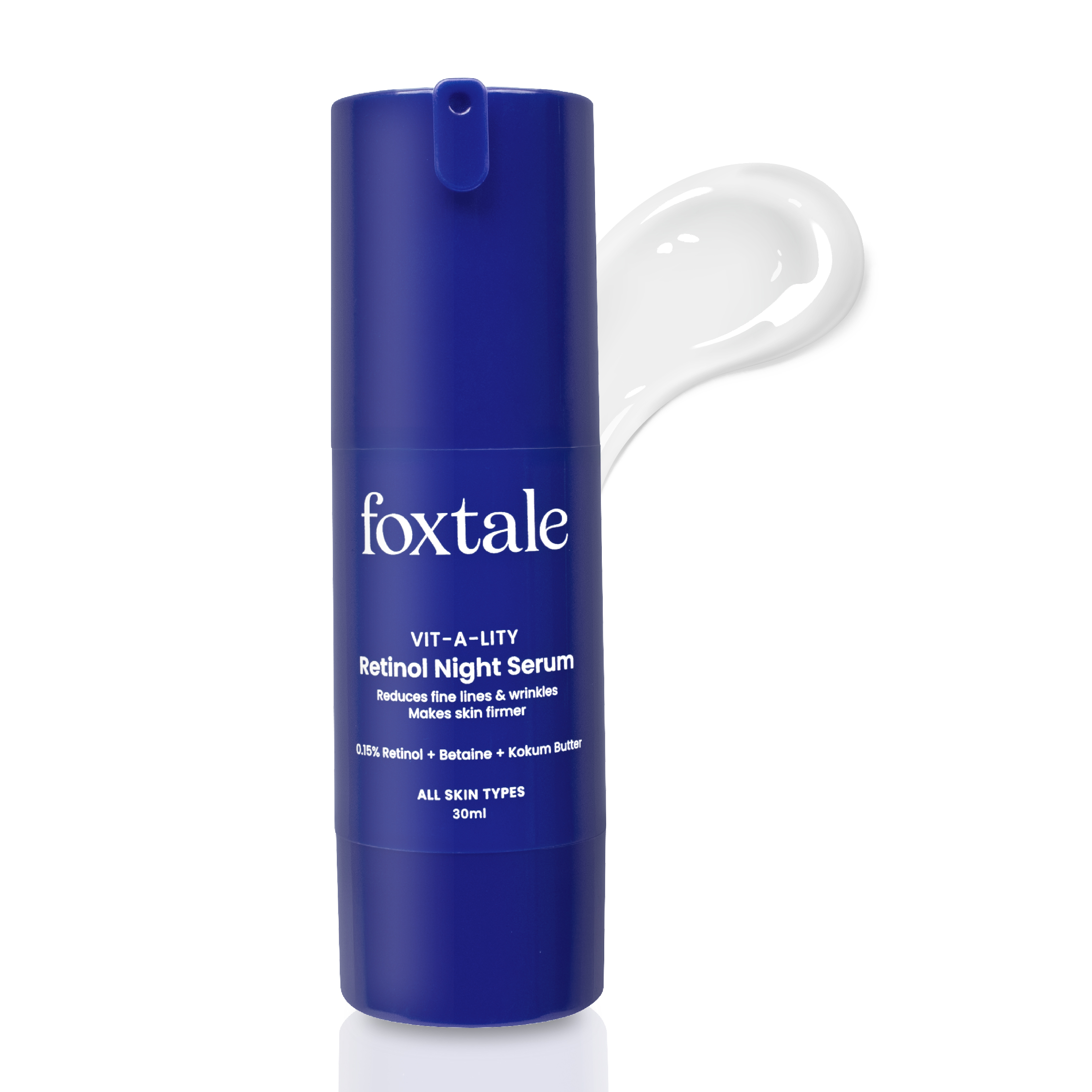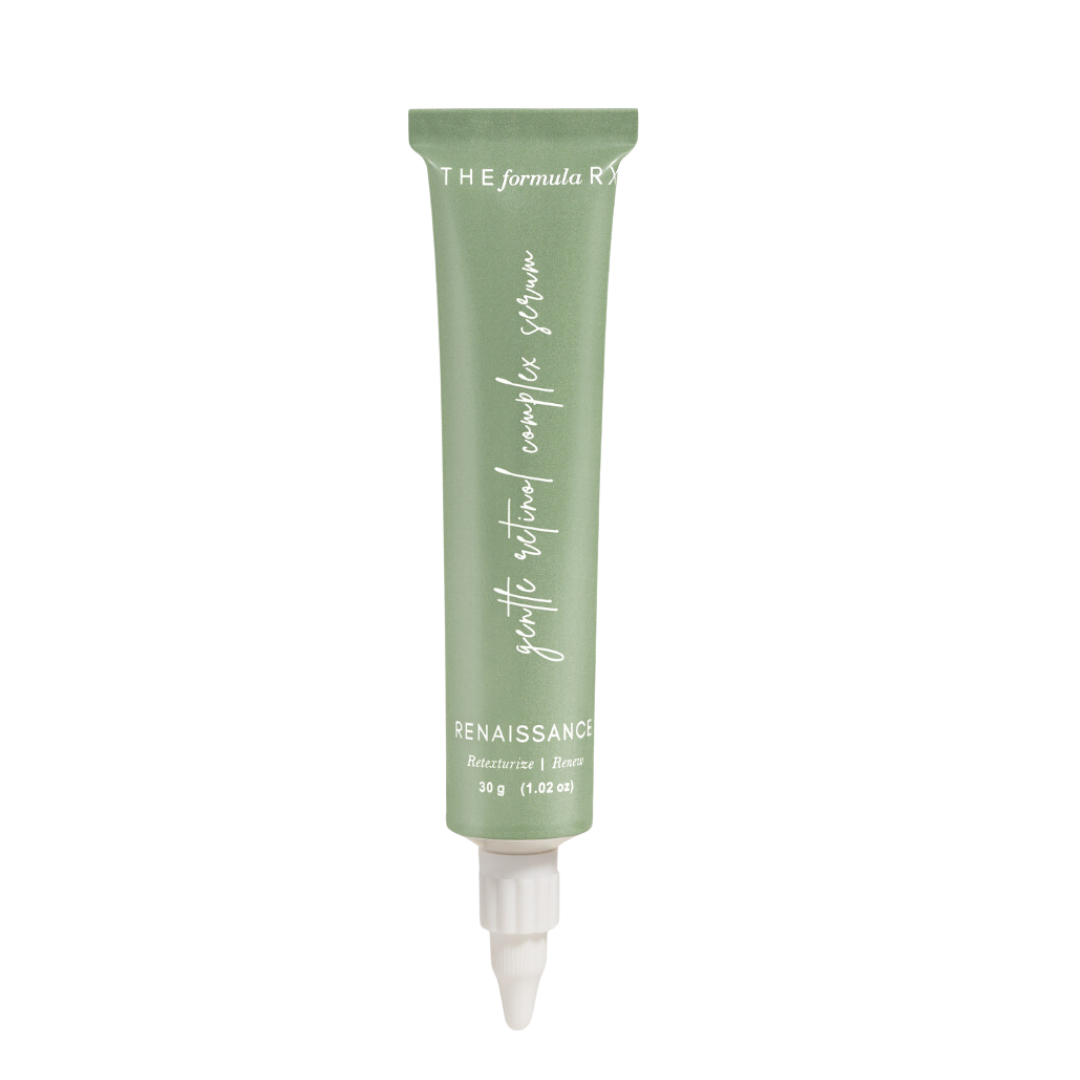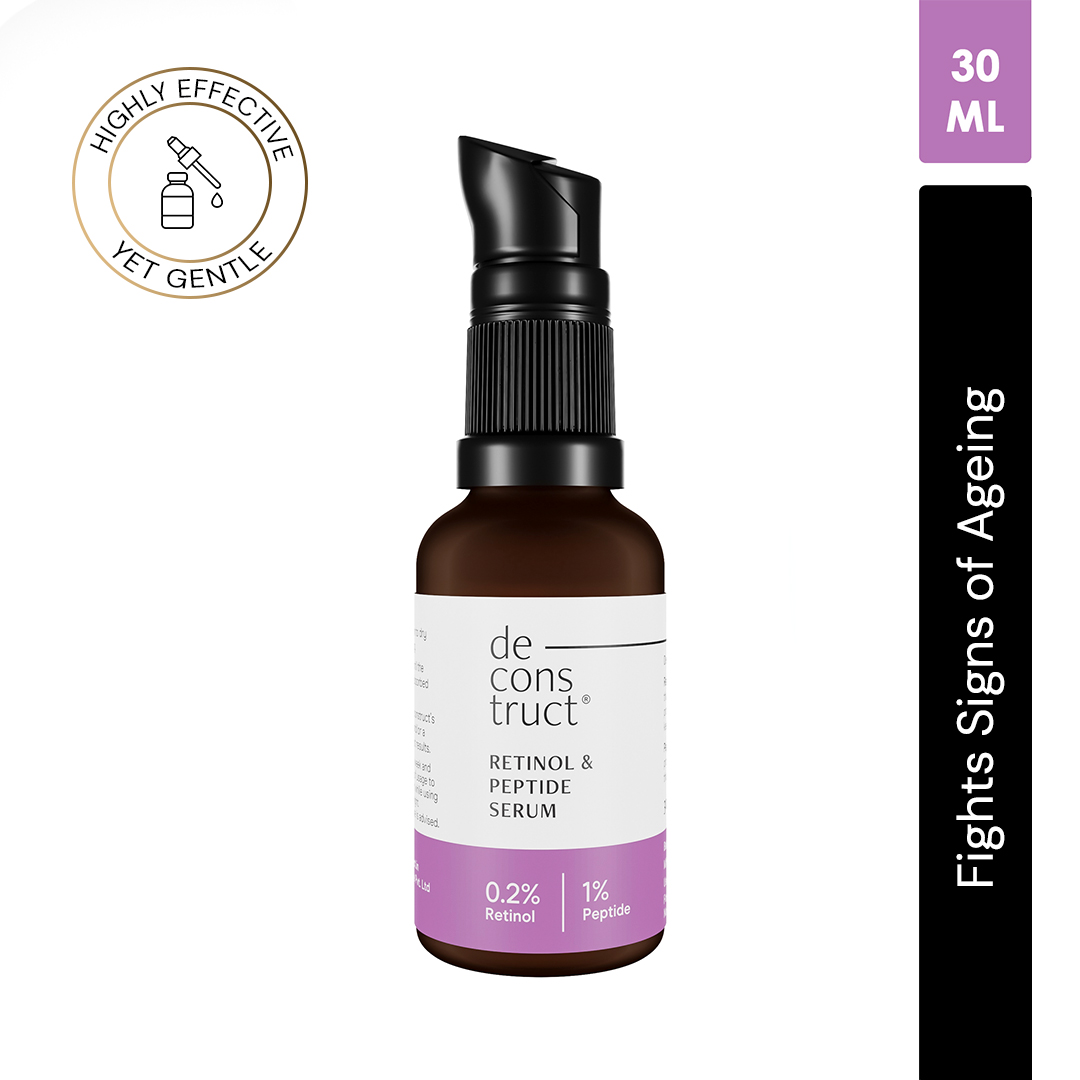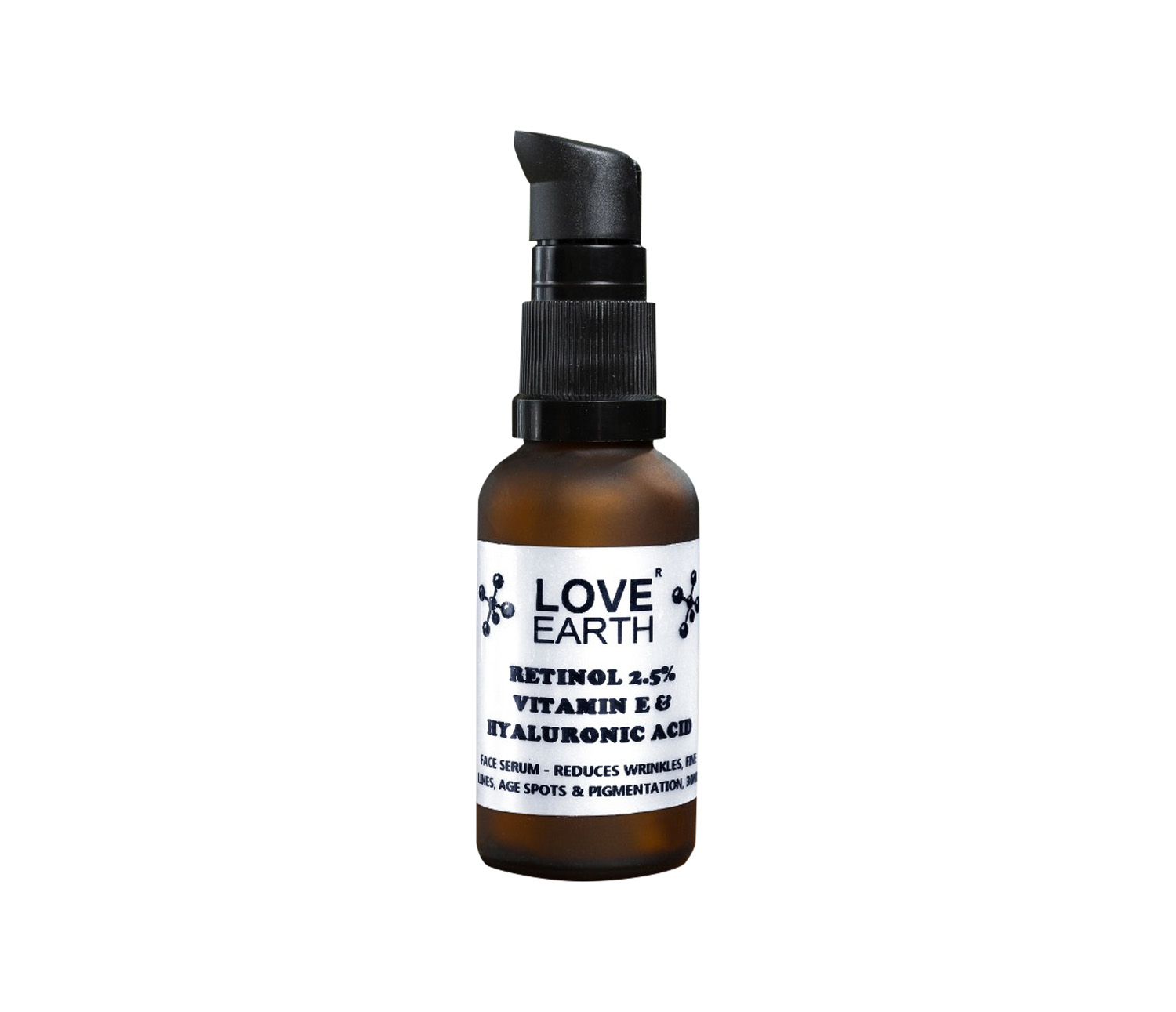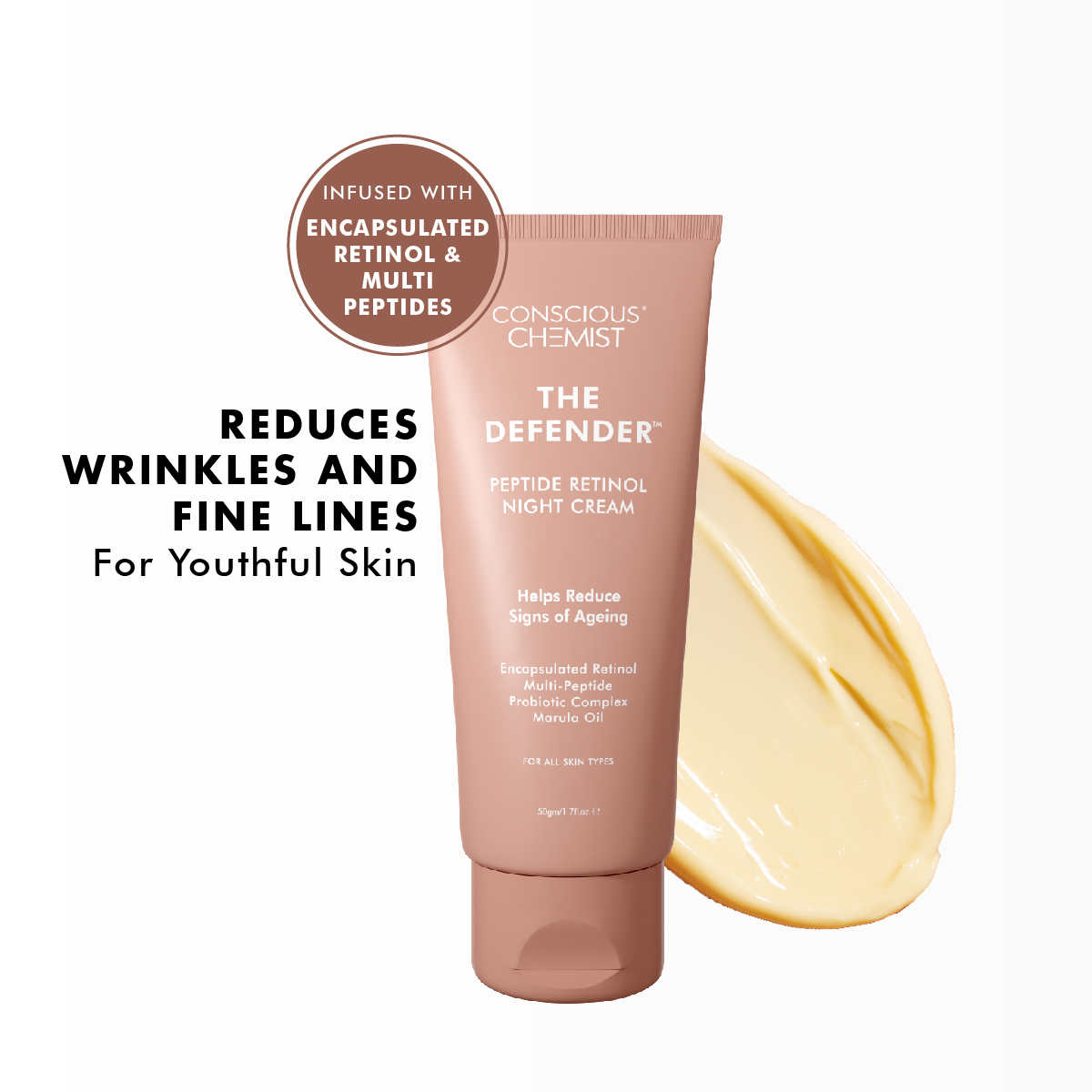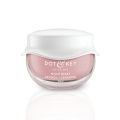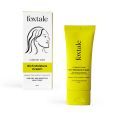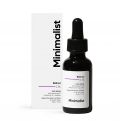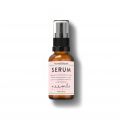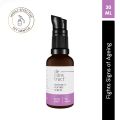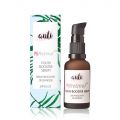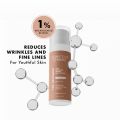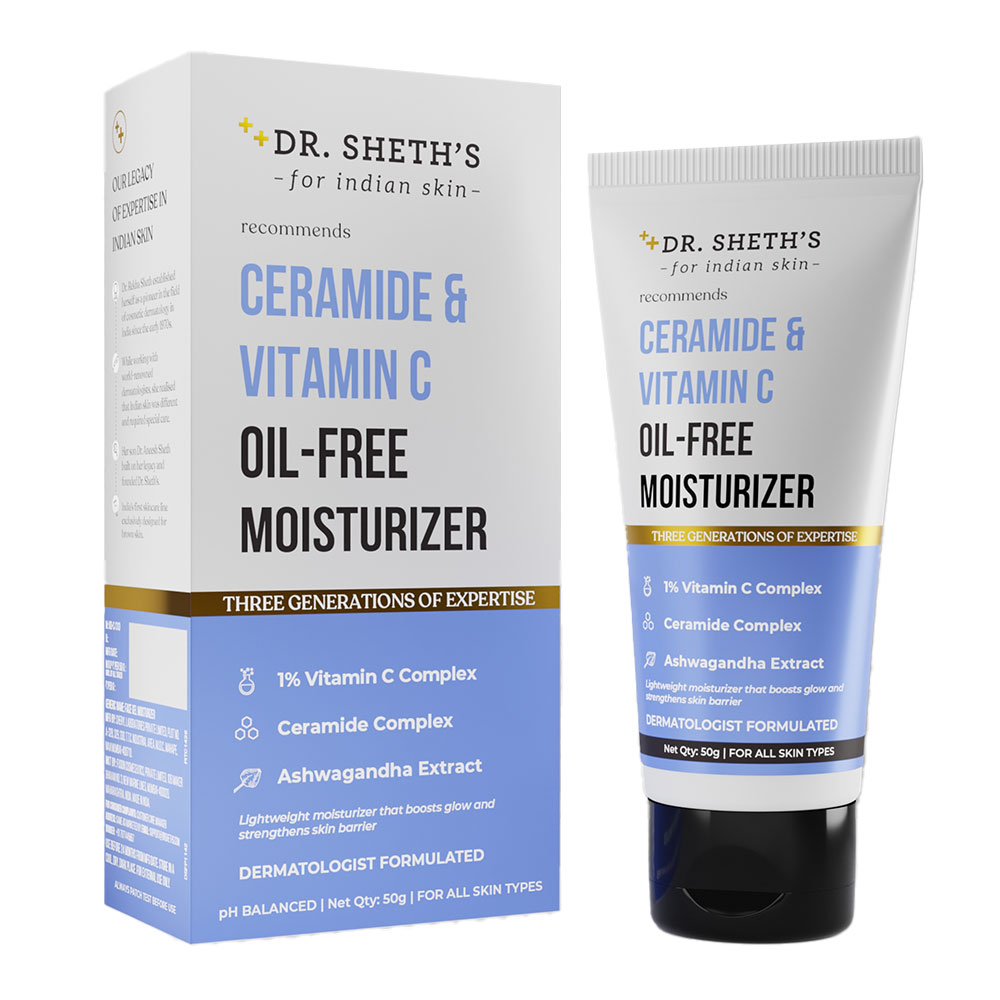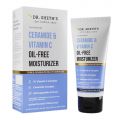Collections
Videos
Read Liked Posts
All
Hair care
Makeup
Skincare
7 Step Skin Care Routine
Here's my elaborate skincare routine - I have oily and acne prone skin and recommend these products. Do our lists match?
Best Products for Curly Hair to Address Common Hair Issues
Curly hair can be stunning, but it often comes with its own set of challenges. To address common hair issues like frizz, dryness, and lack of definition, it\'s essential to use the right products. Look for sulfate-free shampoos and conditioners specifically formulated for curly hair to maintain moisture and enhance curls. Consider using a leave-in conditioner or a curl cream to define and hydrate your curls. Additionally, incorporating a deep conditioning treatment into your routine can help nourish and strengthen your hair. Don\'t forget to protect your curls from heat damage with a heat protectant spray when using styling tools. With the right products, you can embrace and enhance your beautiful curls!
Must-Have Products from Lillybyred
Lillybyred offers a range of must-have makeup products that can elevate your beauty routine. From vibrant lip tints to long-lasting foundations, here are some top picks from Lillybyred:
1. Bloody Liar Coating Tint - A highly pigmented lip tint that provides a bold and long-lasting color payoff.
2. Mood Cheat Kit - A versatile palette featuring eyeshadows, blush, and highlighter for creating various makeup looks.
3. Starry Eyes Mood Liar Pen Liner - A precise and easy-to-use eyeliner pen for achieving sharp winged eyeliner.
4. Starry Eyes Mood Cinema Waterproof Mascara - A smudge-proof mascara that adds volume and length to your lashes.
5. Mood Liar Velvet Tint - A velvety lip tint with a soft matte finish for a sophisticated look.
These products from Lillybyred are loved for their quality and innovative formulas, making them must-haves in your makeup collection.
1. Bloody Liar Coating Tint - A highly pigmented lip tint that provides a bold and long-lasting color payoff.
2. Mood Cheat Kit - A versatile palette featuring eyeshadows, blush, and highlighter for creating various makeup looks.
3. Starry Eyes Mood Liar Pen Liner - A precise and easy-to-use eyeliner pen for achieving sharp winged eyeliner.
4. Starry Eyes Mood Cinema Waterproof Mascara - A smudge-proof mascara that adds volume and length to your lashes.
5. Mood Liar Velvet Tint - A velvety lip tint with a soft matte finish for a sophisticated look.
These products from Lillybyred are loved for their quality and innovative formulas, making them must-haves in your makeup collection.
Supplements for healthy skin
Supplements I recommend for hair, skin and overall wellness. Loving the results so far!
The Benefits of Retinol in Skincare
Retinol is a powerhouse ingredient in skincare known for its anti-aging properties. It helps to reduce the appearance of fine lines, wrinkles, and uneven skin tone. Incorporating retinol products into your skincare routine can help improve skin texture and promote a more youthful complexion. Look for retinol products from trusted brands like Bioderma to experience the benefits of this potent ingredient. Remember to start with a lower concentration and gradually increase usage to avoid any potential irritation.

Lightweight Ceramide & Vitamin C Boost: Dr. Sheth's Oil-Free Dream Cream! ✨
Dr. Sheth's

 All orders
All orders 






